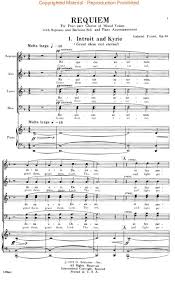
A recent conversation. We had a patient on our hospice service who was a beautiful loving elderly man of deep faith. His wife had died the week before, and he was in tormenting pain due to tumors pressing on the nerves around his spine. Bed bound, tortured, and longing for death. One of my chaplain colleagues lamented, “Why won’t God just take him?”
My response: “Is that what you think? That God kills people? Because if we say God comes to take him, then God must also come and take the children from the pediatric cancer wards and the infants from their mother’s arms in the NICU.”
My chaplain friend hedged her bet and suggested, “Well, what I mean is that God calls us home.”
“Then don’t answer the phone!” was my irreverent reply.
I know what she was trying to convey. I’ve read all of the same theological arguments. “We use words like omniscient, omnipotent, omnipresent, and sovereignty like we know what they mean” ( Christian Wiman).
“So what do you think?” she curtly shot back.
“I think when we die, God cries. I think God cries over the missed opportunities we had to give and receive love because we were too afraid—afraid we were not worthy of love. I think God cries over the cruelty we unleash on each other out of the fear of not having enough. I think God cries over our not knowing how God aches for communion with us.”
My friend turned away exasperated by me and my questions. I think that’s a result of my spending too much time with Death—he’s taught me to be wary of any god who stands by unmoved when we need Her most.
Dallas Willard says, “The acid test for any theology is this: is the God presented one that can be loved heart, soul, mind and strength?”

 Looking for a Place to Fit
Looking for a Place to Fit Rudy was a devout atheist who regularly attended the First Presbyterian Church. Actually, that’s where we met, sort of. It’s not that Rudy was looking to convert from atheism—he just loved to sing, and being in the Presbyterian choir gave him a chance to share the beauty of his deep bass voice.
Rudy was a devout atheist who regularly attended the First Presbyterian Church. Actually, that’s where we met, sort of. It’s not that Rudy was looking to convert from atheism—he just loved to sing, and being in the Presbyterian choir gave him a chance to share the beauty of his deep bass voice.